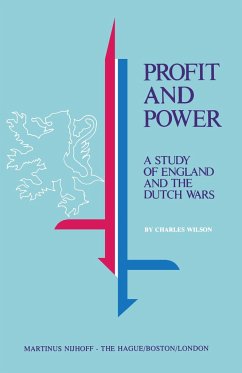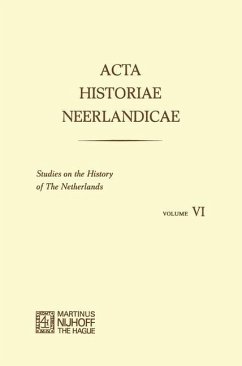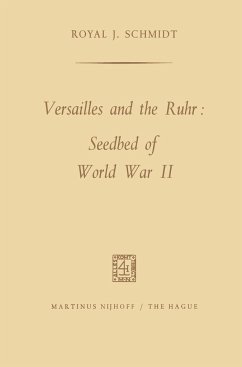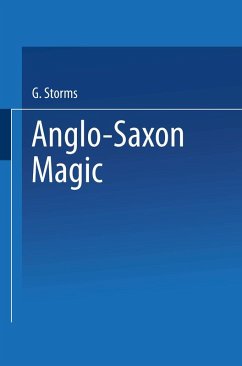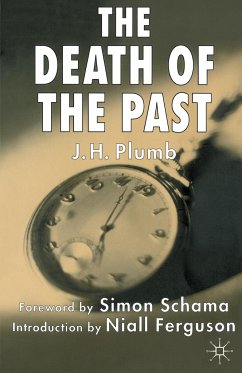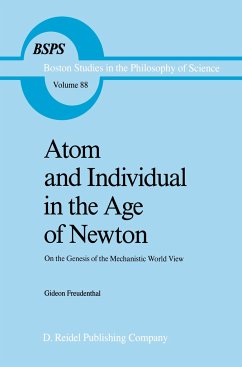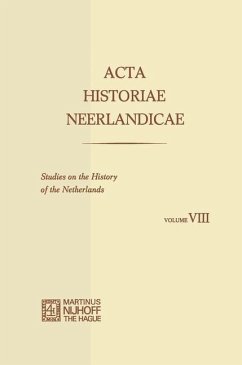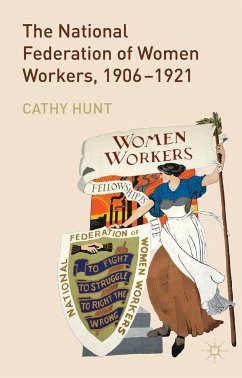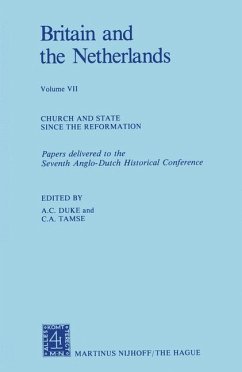
Britain and The Netherlands
Volume VII Church and State Since the Reformation Papers Delivered to the Seventh Anglo-Dutch Historical Conference

PAYBACK Punkte
20 °P sammeln!
The theme chosen for the seventh conference of Dutch and British historians - relations between Church and State in the two countries since the Reformation - cannot pretend to any originality. A subject so germane to the history of Europe, and indeed of those parts of the world colonized by Europeans and evangelized by the Christian churches, has naturally attracted the attention of numerous scholars. The particular attraction of this study of the action and reaction of Church and State in Britain and the Netherlands lies in the scope it offers historians and political scientists for making co...
The theme chosen for the seventh conference of Dutch and British historians - relations between Church and State in the two countries since the Reformation - cannot pretend to any originality. A subject so germane to the history of Europe, and indeed of those parts of the world colonized by Europeans and evangelized by the Christian churches, has naturally attracted the attention of numerous scholars. The particular attraction of this study of the action and reaction of Church and State in Britain and the Netherlands lies in the scope it offers historians and political scientists for making comparisons be tween two states, both of which endorsed the Protestant Reformation while rejecting absolutism. But the dissimilarities are quite as striking. In the Netherlands the Reformed Church came to hold a curiously equivocal position, being neither an established Church in the English sense nor an independent sect. Yet even after the formal separation of Church and State in 1796 and therise to political prominence of Dutch Catholicism, ties of sentiment continued to link the Dutch nation and the Reformed Church for some time to come. Within England the Anglican Church maintained its constitutional standing as the established Church and its social position as the Church of the 'Establishment', though it had to recognize a non-episcopal estab lished Church of Scotland and accept its disestablishment in Ireland and Wales.





